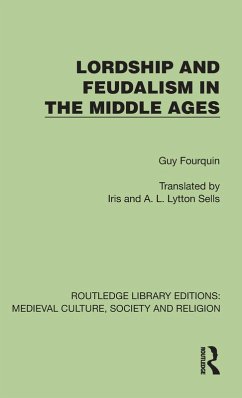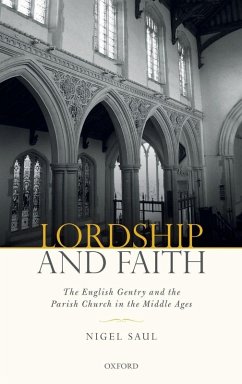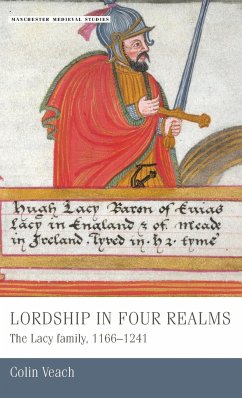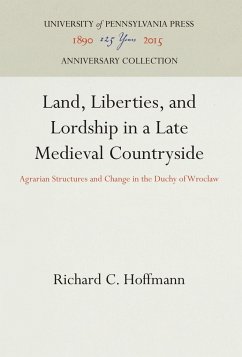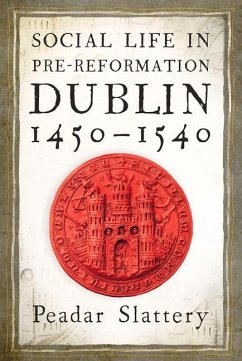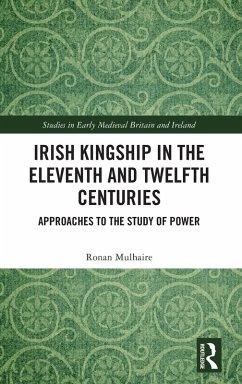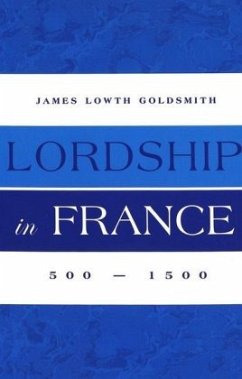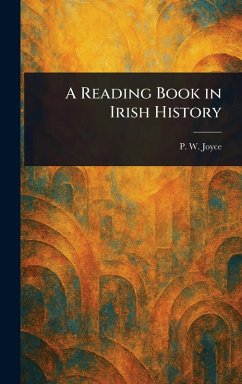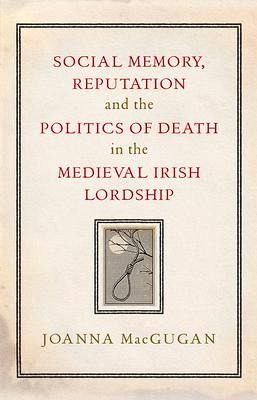
Social Memory, Reputation and the Politics of Death in the Medieval Irish Lordship
Versandkostenfrei!
Versandfertig in über 4 Wochen
68,99 €
inkl. MwSt.

PAYBACK Punkte
34 °P sammeln!
Stories of murderous monks, tavern brawls, robberies gone wrong, tragic accidents and criminal gangs from court records reveal how the English of medieval Ireland governed and politicized death and collectively decided what passed for ' truth' in legal proceedings. This study of the social practices underlying the lordship's legal culture centres on the coroner's jurisdiction, homicides and sentences of capital punishment between 1257 and 1344. It highlights how the English of Ireland relied on collective memory, customary law, oral histories, common fame and social networks to assess truth in...
Stories of murderous monks, tavern brawls, robberies gone wrong, tragic accidents and criminal gangs from court records reveal how the English of medieval Ireland governed and politicized death and collectively decided what passed for ' truth' in legal proceedings. This study of the social practices underlying the lordship's legal culture centres on the coroner's jurisdiction, homicides and sentences of capital punishment between 1257 and 1344. It highlights how the English of Ireland relied on collective memory, customary law, oral histories, common fame and social networks to assess truth in legal contexts. In the period when courts increasingly emphasized written evidence, the politics of death offered opportunities to employ these social practices to both strengthen and contest the authority of the written word. Exploring how they functioned alongside developing literate practices brings Ireland's place in the history of medieval literacy into sharper focus.



